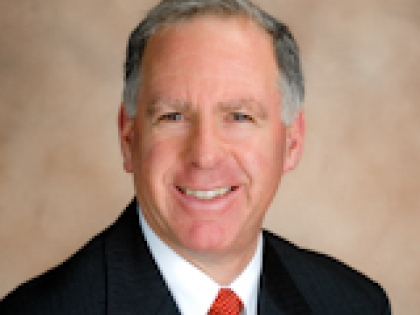
New Legislation to Level Tax Playing Field for Batavia Downs
January 12, 2018
Albany, NY– Senator Michael H. Ranzenhofer (R-C-I, Amherst) has introduced legislation (S7397) today in the State Senate to establish tax parity between Batavia Downs and other gaming facilities in New York State.
“New York State imposes one of the highest tax rates on Batavia Downs, and it’s one of the smallest gaming facilities in our region,” said Ranzenhofer. “This regressive rate deprives taxpayers across 15 counties an equitable portion of revenues. Lowering the tax rate will make Batavia Downs more competitive with other gaming facilities, while ensuring a fairer share of revenues are returned to taxpayers through our local governments.”
In 2015, the facility had a total economic impact of $83.4 million, generating $21.5 million for state education funding and $3.4 million to participating municipalities.
“We applaud Senator Ranzenhofer’s legislative efforts to level the playing field for Batavia Downs Gaming. This bill will allow us to return more resources to our member communities,” said Western Region Off-Track Betting Corporation (WROTB) Board of Directors Chairman Richard Bianchi.
The legislation would lower Batavia Down’s taxes paid to New York State by increasing the facility’s portion of net winnings from 35% to 41%. If enacted, the act would take effect on April 1, 2019. Under existing state law, the oldest nighttime harness track in the country pays one of the highest effective tax rates among gaming centers in the region.
Gaming Operation- Facility’s Portion of Net Winnings* (%)
Batavia Downs: 35
del Lago Resort & Casino: 70.18
Vernon Downs: 41
Hamburg Gaming: 41
*2017-18 Fiscal Year
Batavia Downs Gaming, operated by WROTB, is a standard bred racetrack and gaming facility. WROTB is a public benefit corporation–owned by 15 Western New York counties, including Cattaraugus, Cayuga, Chautauqua, Erie, Genesee, Livingston, Monroe, Niagara, Orleans, Oswego, Schuyler, Seneca, Steuben, Wayne, and Wyoming, as well as the cities of Rochester and Buffalo. Since its inception, WROTB has generated hundreds of millions of dollars in operating and surcharge revenues to the residents of those participating municipalities.
###
related legislation
Share this Article or Press Release
Newsroom
Go to NewsroomFourth of July Parade
July 4, 2018

New Funding in the Battle Against Heroin & Opioid Abuse
June 20, 2018
